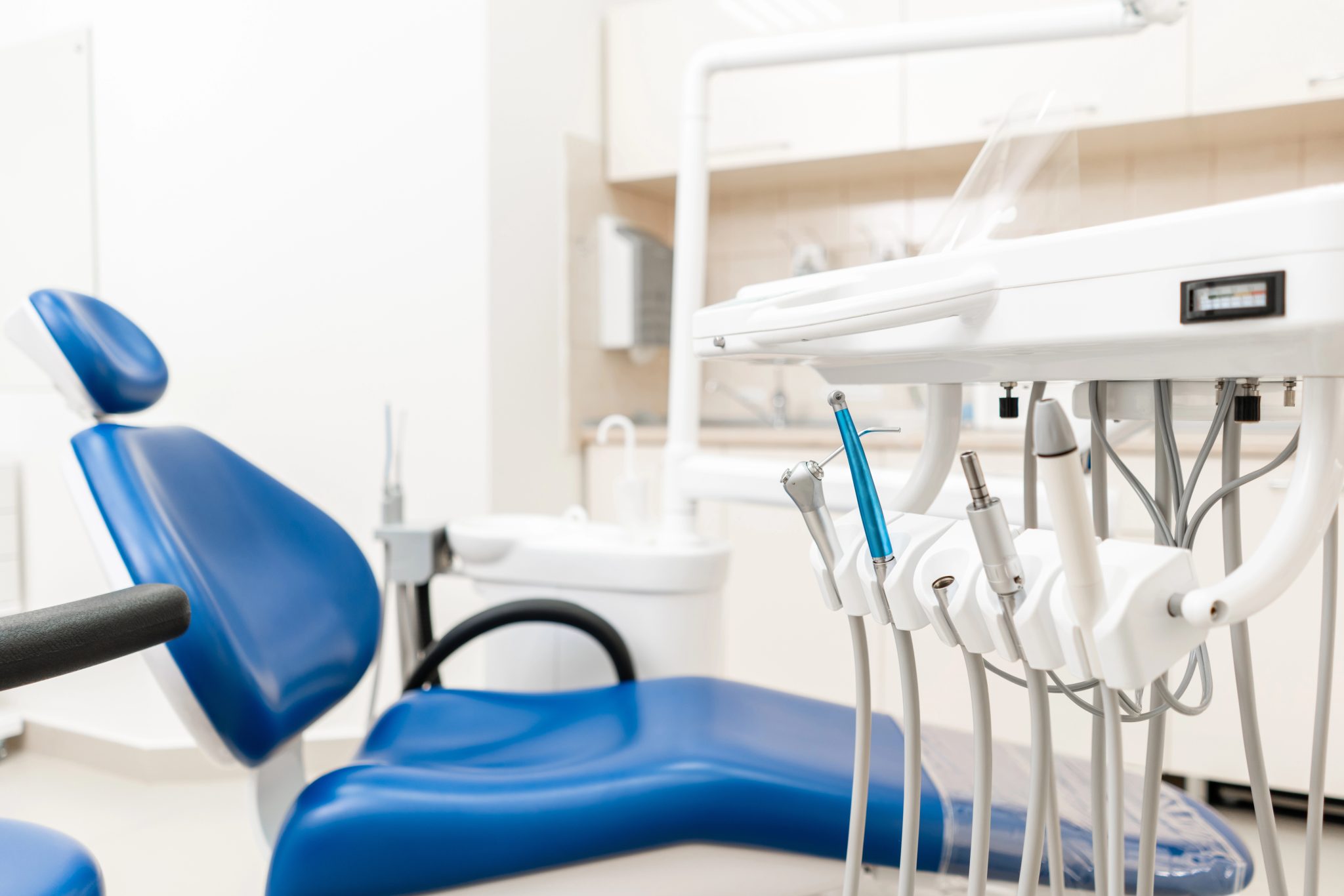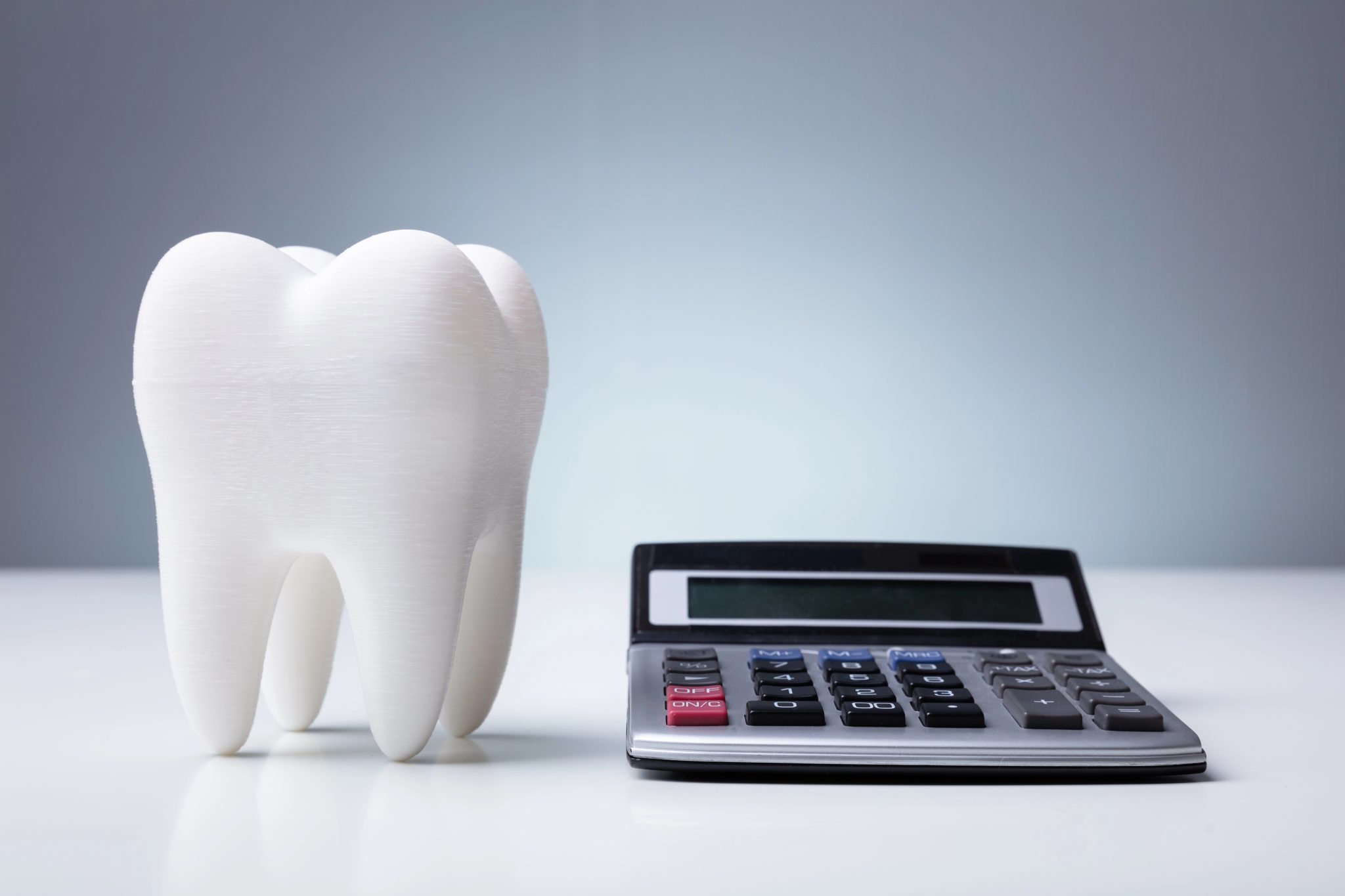The federal government is looking to start a new national dental care program that would provide families with a household income of less than $90,000 with dental care assistance. There will be no co-payment requirements for those with a household income of less than $70,000. The program is intended to start this year (2022) for children under the age of 12 as the first eligible group. Unfortunately, few details were actually provided about this new program, leaving many families with unanswered questions. Not only that, but these unanswered questions are leaving those in the dental industry unable to determine how it will impact their business.

Table of Contents
ToggleUnanswered Questions
- How will funding be channeled to service providers?
- What fee guide will this program use?
- How much and what type of dental procedures will this plan cover?
- How will employers and insurance companies alter their benefits and plans in response to a national health care plan?
Other Highlights: The Good News
The new dental program wasn’t the only thing introduced. Other highlights (that are seen as good news) were described in a bit more detail. These include:
New tax-free First Home Savings Accounts
Proposed to start in 2023, first-time homebuyers can deduct up to $40,000 of the contributions made to their Tax-Free First Home Savings Account. This means, in order to help purchase your first home and if you’re over the age of 18, you can deduct this amount completely tax-free. You cannot, however, make a withdrawal from your Tax-Free First Home Savings Account and the Home Buyers’ Plan for the same purchase.

First-Time Home Buyers’ Tax Credit Has Been Doubled
Homeowners were previously able to claim $5,000 when purchasing their first time, but this has now increased to $10,000. This means that the non-refundable tax rebate you can claim will double from $750 to $1,500 to help cover closing costs, legal fees, inspections, and more. This has taken place for homes purchased on or after January 1, 2022.
New Proposed Multigenerational Home Renovation Tax Credit To Provide Up To $7,500
Multigenerational housing has become increasingly popular due to housing prices skyrocketing, so it’s no surprise that proposed for 2023 and subsequent years is the Multigenerational Home Renovation Tax Credit. However, this tax credit will only be available to those with a senior family member or family member with a disability. This will provide a refundable tax credit of up to $7,500 (or 15% of up to $50,000 in eligible expenses) on renovations to accommodate said family members. Just note that expenses are not eligible for tax credit if they are also claimed under the Medical Expense Tax Credit and/or the Home Accessibility Tax Credit.
Home Accessibility Tax Credit Has Been Doubled
The Home Accessibility Tax Credit is for people with disabilities and seniors over the age of 65. Proposed to begin this year (2022) and subsequent years, the expense limit for the Home Accessibility Tax Credit will be doubled from $10,000 to $20,000 in order to help make homes safer and more accessible.
No Change To Capital Gains Inclusion Rate
If a home has been held for less than 12 months, the profits will be treated as fully taxable income and not as a capital gain, however, 50% of all capital gains are still taxable. Exemptions will be made for circumstances regarding death, disability, a new child, divorce, getting a new job, etc. This was proposed to begin for residential properties sold on or after January 1, 2023.

No Change To Principal Residence Exemption
Assignment sales on pre-construction or substantially renovated properties will be subject to GST/HST effective May 7, 2022 with the exception of flipping of residential properties. You can apply for an HST rebate to receive money back for a substantially renovated property – this means that at least 90% of the house has been removed or replaced. If purchasing a pre-construction home, you can apply for a rebate through the builder.
Expanding Eligible Medical Expenses To Include Surrogacy & Fertility Expenses
The federal government has proposed to allow expenses related to fertility and surrogacy to be claimed by a wider range of individuals. This expands the definition of the patient as well to include the taxpayer, the taxpayer’s partner, a surrogate mother and a donor. Payments made for surrogates and sperm, ova or embryo donors, as well as fees paid to fertility clinics and donor banks, will qualify as medical expenses beginning this year (2022).
No Changes Have Been Made To The Following:
- No introduction of a wealth tax
- No change to personal or corporate income tax rates at this time
With Good News Comes Bad News
There were some proposals that many people are not happy about. More details will follow and be provided by the federal government as well as our team:
- Flipping of residential properties will be considered fully taxable business income
- Assignment sales of residential properties will be subject to GST/HST
- Intergenerational transfer of shares tax changes are still in progress
Adam has an MBA from the Richard Ivey School of Business in London and also holds a Chartered Investment Manager designation.
- Optimizing Accounts Receivable for Dental Practices - June 25, 2025
- Implementing Internal Controls in Dental Practice Accounting - June 11, 2025
- Accounting Outsourcing for Dental Practices: Benefits and Best Practices - May 28, 2025






